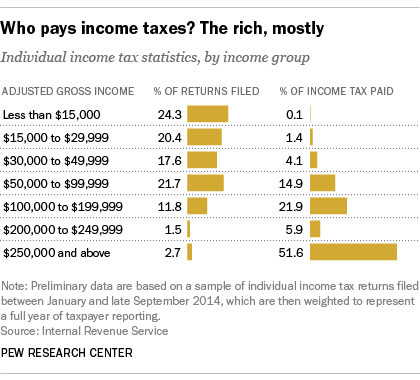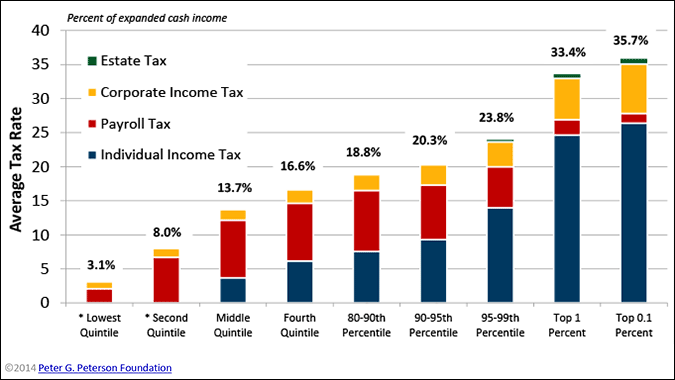NightFox
Wildling
What would a corporate tax lobbyist lobby for if the corporate tax rates were zero? I suppose they could lobby for negative rates but that would seem to be a difficult hill to climb even in a scum filled, leech pond like Washington D.C., I suspect the individual lobbyists themselves probably wouldn't vanish from K Street but they'd have to find a new specialization.Because it's not the governments role to dictate to private enterprise how it should conduct business and our corporate tax code is an embarrassment of competition destroying carve outs, subsidies and give-aways not to mention the statutory rates are not only not globally competitive but also a completely divorced from what businesses actually pay. IMHO the corporate rates should be ZERO thus eliminating all the lobbying (legalized bribery and extortion), the unnecessary drain of resouces (accountants and lawyers) and providing the maximum incentive for capital investment, not to mention the fact that those taxes are paid by employees (lower wages), consumers (higher prices) and investors (lower returns).
Good thoughts...
But if corporate rates were zero, how would lobbying be eliminated?
Labor market competition and increased productivity, both of which are decreased when you have to send earnings to the public treasury instead of investing in capital.And I understand that the current taxes are paid by employees and consumers, but why would a company paying zero taxes suddenly decide to start paying employees more?
Generally speaking many (most?) modern corporations place human resources at the top of the list of their most valuable assets and thus acquiring and retaining (good) employees is profitable to both the company and the employees, thus the more financial resources that are available to private enterprise to "go after" employees (demand) the higher the prices those employees will command (assuming labor supply remains relatively constant).
Also you have to take into account that if the corporate rates were zero, you'll have an enormous incentive for foreign companies to plant their flag here in the good ole' USA and thus employ Americans (further increasing labor market competition and providing more domestic capital investment).




